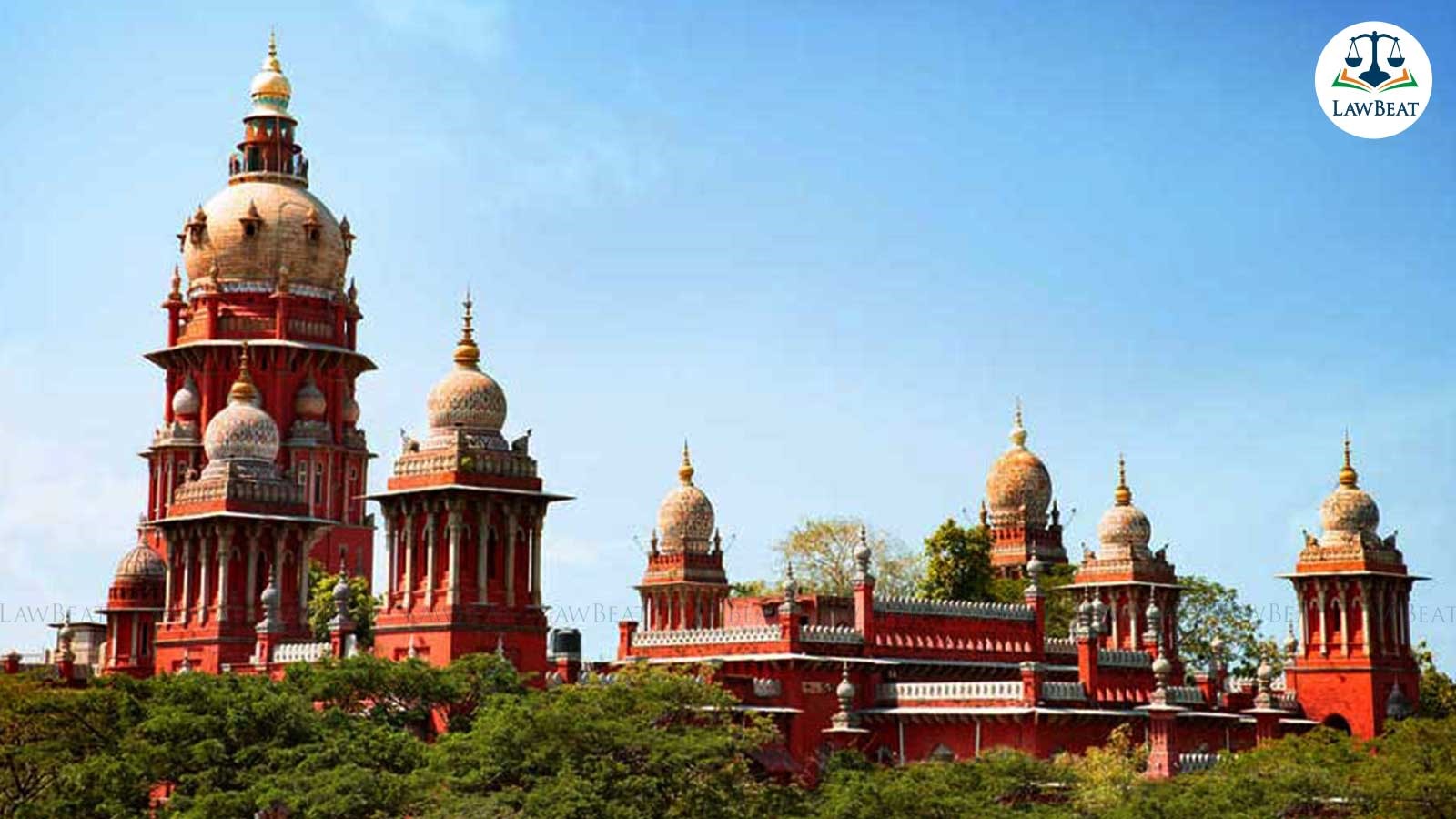‘Should have taken 20-30 hours': Madras High Court Transfers to Itself 46-year-old Suit

To address this "extraordinary case", court invoked Section 24 of the Code of Civil Procedure, which allows the high court to withdraw any suit or proceeding from subordinate courts and adjudicate it directly
The Madras High Court recently took upon itself the responsibility to resolve a property dispute that has been pending for an astonishing 46 years.
The case, initially filed in 1979, involved a landlord-tenant conflict over the ejectment of the tenant and the applicability of the Tamil Nadu City Tenants Protection Act, 1921. Given the unprecedented delay, the high court decided to withdraw the suit from the Principal Sub Judge of Srivilliputhur and deal with it directly to expedite justice.
The order was passed in a Civil Revision Petition filed last year. The petitioner, who is the landlord, had initially filed the 1979 to eject the tenant from the property. The tenant, in response, filed an application under Section 9 of the Tamil Nadu City Tenants Protection Act, 1921, in 1983, seeking to purchase the land on which the tenant had constructed a superstructure.
Although the core issues of the case were straightforward, it remained unsettled due to numerous delays, including appeals, remands, and procedural slowdowns.
The high court observed that the issues at hand should typically require around 20 to 30 hours of active judicial time to resolve. However, regrettably, this case could not be concluded even after all this time.
The delay is now 46 years. Conducting a postmortem as to what are the reasons for delay is pointless and would involve more time than what is necessary for deciding the list, the high court opined.
Accordingly, to address this "extraordinary case", the bench of Justice D. Bharatha Chakravarthy invoked Section 24 of the Code of Civil Procedure, which allows the high court to withdraw any suit or proceeding from subordinate courts and adjudicate it directly.
During the proceedings, both parties' counsels expressed no objection to the high court taking over the case. However, the respondents' counsel raised concerns about the potential loss of the right to appeal if the high court decided the matter.
Justice Chakravarthy addressed these concerns, citing the Supreme Court's judgment in P.S. Sathappan vs. Andhra Bank Ltd. & Others (2004), which clarified that an intra-court appeal is permissible unless explicitly excluded by statute.
The trial court has been instructed to transfer all case papers to the high court immediately. Both parties also agreed that the existing evidence was sufficient, and they will proceed with arguments based on the recorded evidence.
The case is scheduled for hearing on July 16, 2024 before the high court.
